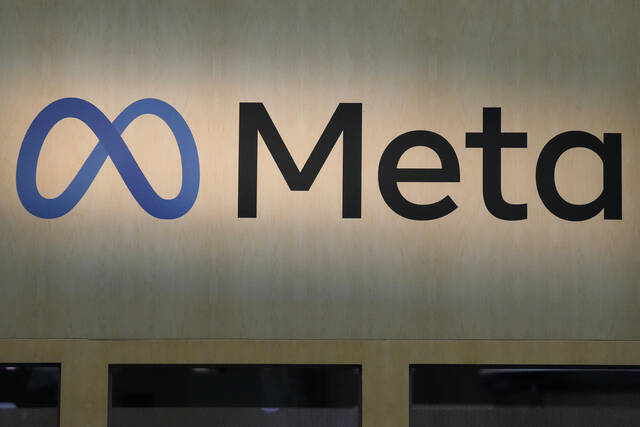The words “world wide web” were first used in 1989 to described the way data could be not only shared but also woven from one user to another.
It was about computers being the loom that created an orderly process of connections.
Perhaps the name should have been saved. It might be more fitting for today’s social media morass — a sticky knot of ties with lurking dangers.
Last week, Pennsylvania Attorney General Michelle Henry was one of 33 state AGs to join a lawsuit against Meta, the company behind Instagram, Facebook, WhatsApp and Oculus. If any of those platforms are unfamiliar, ask an eighth grader to explain them.
And that is the crux of the lawsuit, which claims children are being damaged by the company’s social media operations in ways neither they nor their parents realize.
“The time has come for social media giants to stop trading in our children’s mental health for big profits,” Henry said in a statement.
The suit speaks of damage to not only mental health but also lives in the form of violence and suicide. Henry also took aim at more than Meta, a massive company with international reach and a $742 billion net worth.
The problem is more than the content. That can be troubling but is more easily addressed by blocking what one doesn’t like or encouraging (or demanding) better moderation by the company.
The reason for the lawsuit is the idea that Meta has fine-tuned the platforms’ algorithm to be its most addictive, most dangerous version. Just as the government has argued in addressing tobacco and opioid manufacturers, the claim is that the product was designed to be a potent drug and the company didn’t care as long as it made money.
Unlike cigarettes and Vicodin, this isn’t a problem that can be addressed with an ad campaign and better prescription oversight. The drug dealer in this case is on every tween’s phone and is as innocent in appearance as a viral cat video.
So will a lawsuit work? Maybe. Like most corporations, Meta may understand its responsibility only in terms of its bottom line. Without threat of massive penalties, the company might shrug off the need to make changes. It has certainly let other criticisms, including hearings in front of Congress, roll off it like rain.
But with a total of 42 states now suing, Meta has more opponents than friends. It isn’t alone. TikTok and YouTube also are taking legal fire.
That means this requires more than just civil courts. Federal and state governments need to look at social media companies and rethink what it means to have all that power with so little consequence. This is one sticky web. We need to stop kids from getting caught in it.








